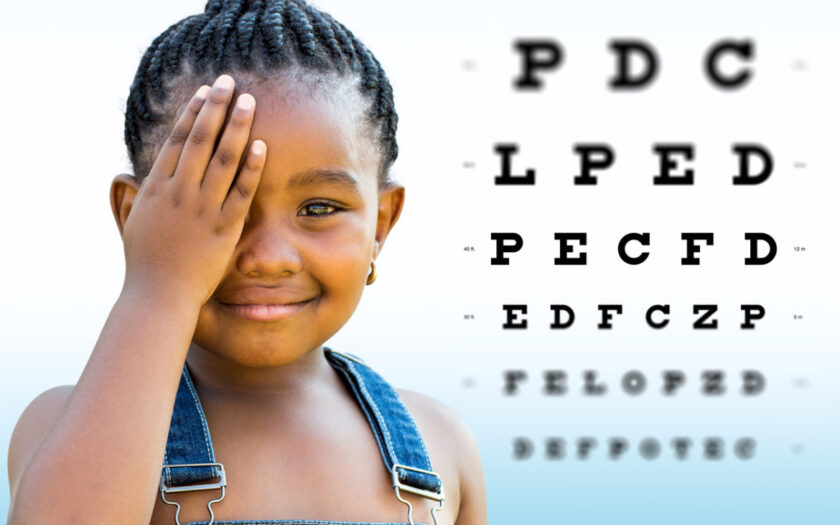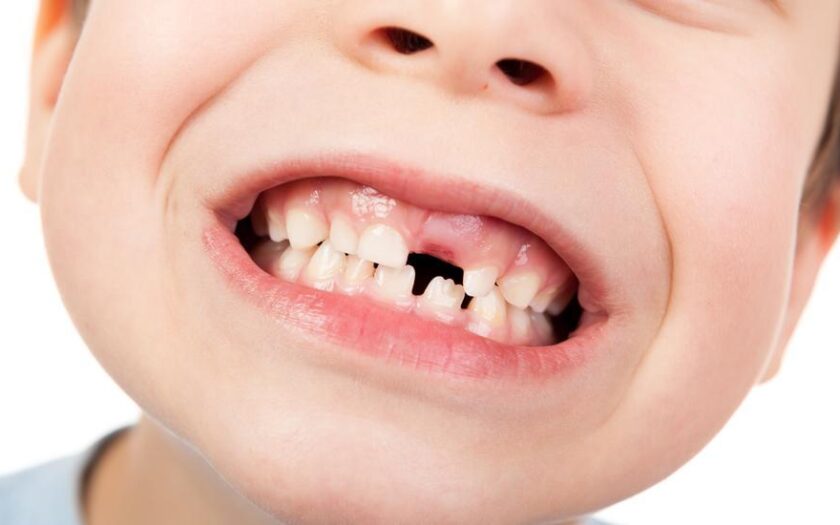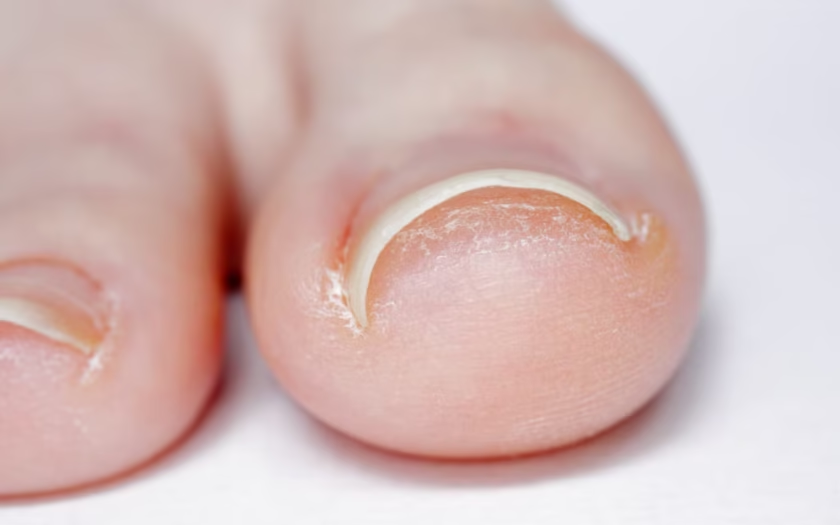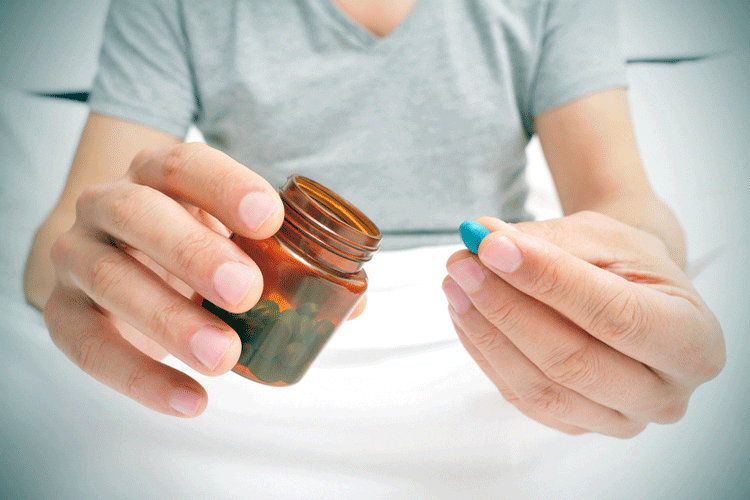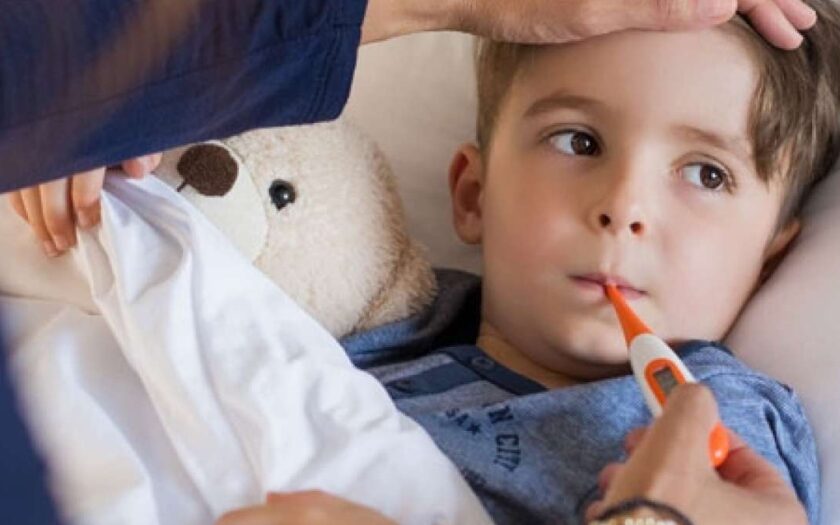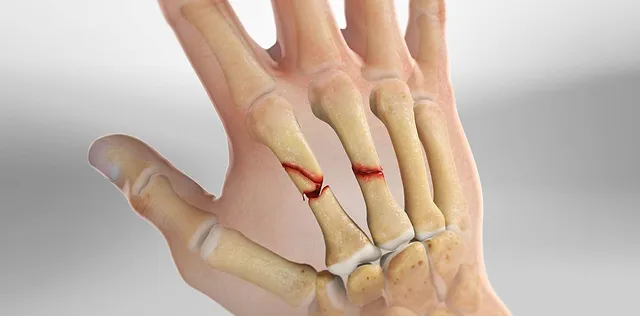How Can My Child Watch a Solar Eclipse Safely?
Watching a solar eclipse can be a fascinating experience, but it’s important to do so safely to protect your child’s eyes. Never look directly at the sun without proper eye protection, as it can cause permanent eye damage or blindness. Provide your child with certified eclipse glasses that meet the ISO 12312-2 safety standard, ensuring they block harmful ultraviolet (UV) and infrared light. Alternatively, you can use a solar viewer or create a pinhole projector to safely observe the eclipse without looking directly at the sun.


